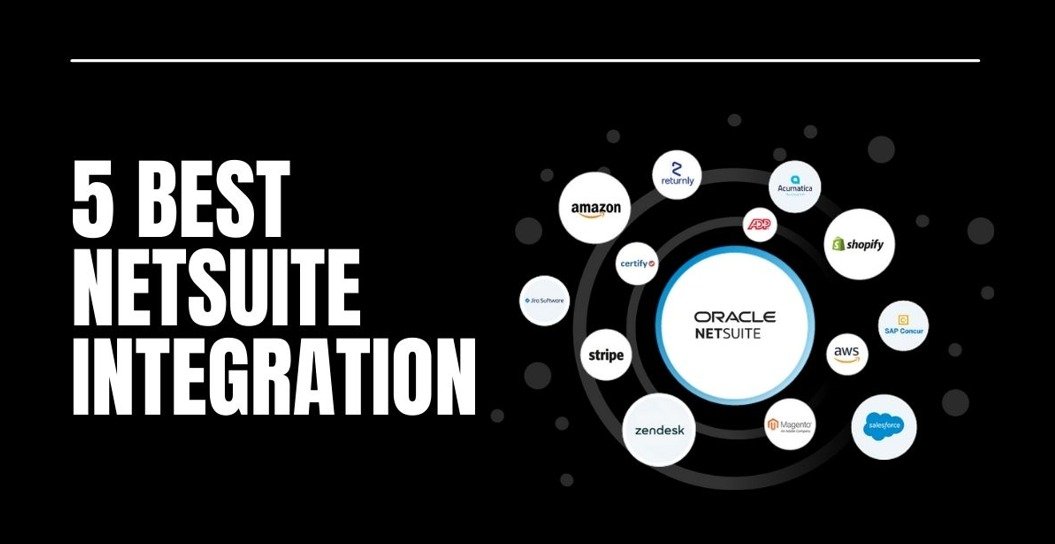Starting a business from a mere idea can be both thrilling and challenging. Many people come up with great ideas, but turning them into profitable startups requires strategic planning, dedication, and adaptability. By understanding the essential steps to transform an idea into a viable business, aspiring entrepreneurs can increase their chances of success. This article explores some of the key secrets to creating a profitable startup and thriving in today’s competitive market.
To trade smarter, consider using a forex bot for profits that automates trades and increases efficiency. These bots analyze market trends in real time, identifying the best opportunities for maximum returns. By eliminating manual errors, traders can focus on strategy and long-term goals. To truly trade smarter, integrating a forex bot for profits into your strategy ensures consistent and successful trading outcomes.
1. Identify and Validate Your Idea
The first step in building a profitable startup is identifying a unique and relevant idea. Many entrepreneurs are passionate about a concept, but before investing time and money, it’s crucial to validate that idea in the market. Research your target audience and determine if there’s demand for your product or service. Conduct surveys, gather feedback, and analyze competitors to ensure that your offering will meet a genuine need. For instance, planning special offers, like a “Black Friday Sale” right from the start, can help gauge customer interest and generate early buzz.
2. Develop a Clear Business Plan
Once you’ve validated your idea, developing a comprehensive business plan is essential. This plan serves as a roadmap for your startup, outlining your goals, strategies, financial projections, and marketing approach. It also highlights your unique selling proposition (USP), setting you apart from competitors. Investors and stakeholders rely on your business plan to evaluate the potential of your idea, so be thorough and realistic. A detailed business plan not only guides you but also provides a framework to measure progress and adapt as your startup grows.
3. Focus on Funding and Financial Management
Securing funding is often one of the biggest challenges for startups. Explore various options, including personal savings, angel investors, venture capital, crowdfunding, or even business loans. Once you’ve obtained funding, efficient financial management is vital to sustain and grow your business. Create a budget that covers essential expenses and tracks revenue. Implementing cost-effective strategies, like offering seasonal promotions such as a “Black Friday Sale,” can attract early customers while keeping your budget in check. Good financial management from the outset will ensure your startup is ready to scale when opportunities arise.
4. Build a Strong Team and Network
A successful startup requires a diverse and talented team. Surround yourself with individuals who bring different skills to the table, from marketing and finance to technology and operations. Your team should share your vision and be adaptable to the fast-paced startup environment. Additionally, building a network of mentors, industry experts, and other entrepreneurs can provide valuable insights and guidance. Attend industry events, join online communities, and connect with professionals who can offer advice and potentially help you secure partnerships or funding.
5. Create a Customer-Centric Marketing Strategy
Marketing is critical for attracting customers and building brand awareness. A customer-centric approach ensures that your marketing strategy resonates with your target audience. Understand their needs, preferences, and behaviors, and tailor your messaging accordingly. Use social media, email marketing, and search engine optimization (SEO) to reach your audience effectively. Additionally, promotions and limited-time offers, like a “Black Friday Sale,” can generate excitement, encourage purchases, and build brand loyalty. Consistently engaging with customers and responding to feedback will help you refine your offerings and grow your customer base.
6. Embrace Adaptability and Continuous Learning
The startup world is ever-evolving, so adaptability is key to staying relevant and profitable. Be prepared to pivot your strategy based on market feedback, technological advancements, or industry trends. Continuous learning through courses, workshops, and networking events keeps you informed and enhances your decision-making skills. Embracing a growth mindset allows you to see challenges as opportunities for improvement, leading to long-term success. Remember, the journey from idea to profitability is rarely straightforward, but resilience and adaptability can make all the difference.
Conclusion
Turning an idea into a profitable startup requires more than passion; it demands careful planning, funding, marketing, and adaptability. By following these steps and staying customer-focused, entrepreneurs can navigate the challenges of building a successful business. Leveraging opportunities, such as holiday promotions like “Black Friday Sales,” can provide early momentum and attract a loyal customer base. Ultimately, the secrets to a successful startup lie in thoughtful execution, learning from setbacks, and staying true to your vision.














Leave a Reply